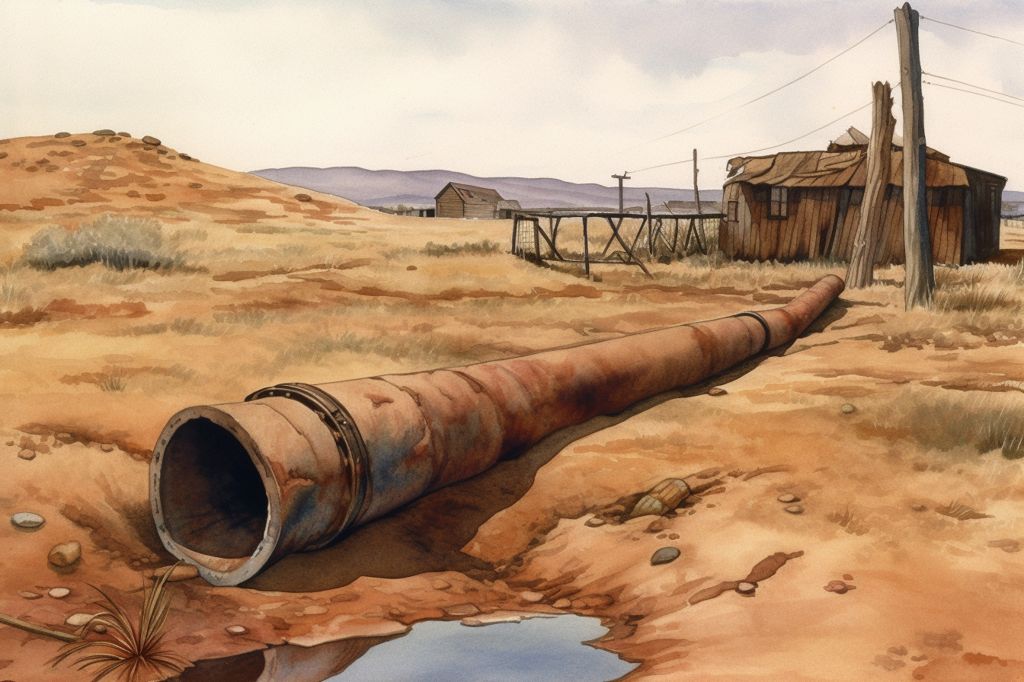On May 30, 2023, the Water and Sanitation Deputy Minister, Judith Tshabalala, conducted a visit to Rustenburg Local Municipality in North West Province. The purpose of the visit was to assess the water and sanitation challenges that the municipality is facing and propose possible solutions.
Challenges facing Rustenburg
The municipality is grappling with several issues, including erratic water supply resulting in rationing, intermittent availability, and a deteriorating sewer network infrastructure that causes manhole overflows. These challenges could potentially lead to water resource pollution.
Meetings and inspections
During her visit, Tshabalala met with representatives from various organizations, including Bojanala District Municipality, Magalies Water, Royal Bafokeng, Zinniaville Ratepayers Association, Rand Water, Glencore, Elands Mines, Anglo Platinum, Sibanye Water, and Business Chamber. She then inspected the residential areas of Zanniaville, Zeindeling, and Boom, which are severely affected by overflowing manholes and sewer blockages.
Solutions proposed
Tshabalala assured residents that their complaints would be addressed and warned against disposing foreign objects into manholes. She announced the appointment of a contractor to tackle the blockages and spillages, starting on June 1, 2023. Additionally, she criticized bureaucratic delays that hinder procurement progress and deprive people of essential services, emphasizing the need for their eradication.
Water supply shortages
Rustenburg Local Municipality is also facing water supply shortages due to various reasons, such as load shedding affecting Magalies Water Supply and Bospoort Water Treatment Works (WTA) supply areas, as well as pipe bursts. The capacity of Bospoort Water Treatment Works is currently 12 Ml/d.
Short-term and long-term solutions
As a short-term solution, the municipality plans to tender out for a backup generator to address water supply interruptions caused by load shedding. The long-term solution involves a dedicated electrical line that solely services Bospoort WTW, separate from the residential area’s supply. The Bospoort plant is currently undergoing an upgrade from 12 Ml/d to 24 Ml/d. However, the upgrade project is currently on hold due to contractual disputes and pending court cases with the contractor, negatively impacting potable water supply in the area.
Contributing factors
Several factors contribute to the water supply challenges in Rustenburg Local Municipality. These include low-income households’ low payment rates, old asbestos cement pipes that frequently burst, high levels of non-revenue water, and many non-functional pump stations.
Suggested solutions
Chadwick Lobakeng, the Department of Water and Sanitation’s North West Provincial Head, suggested that Rustenburg Local Municipality implement water restrictions to manage the current demand and supply. He also emphasized the need for mining companies to reduce their water consumption and replace some quotas with treated effluent. Lobakeng further mentioned that inadequate electricity supply and low pressure in the system caused by high demand during summer led to water scarcity in high-lying areas.
Tshabalala emphasized that the cholera outbreak should serve as a wake-up call that water is a vital resource that must be managed carefully. The proposed solutions and recommendations will hopefully address the water and sanitation challenges faced by Rustenburg Local Municipality.












